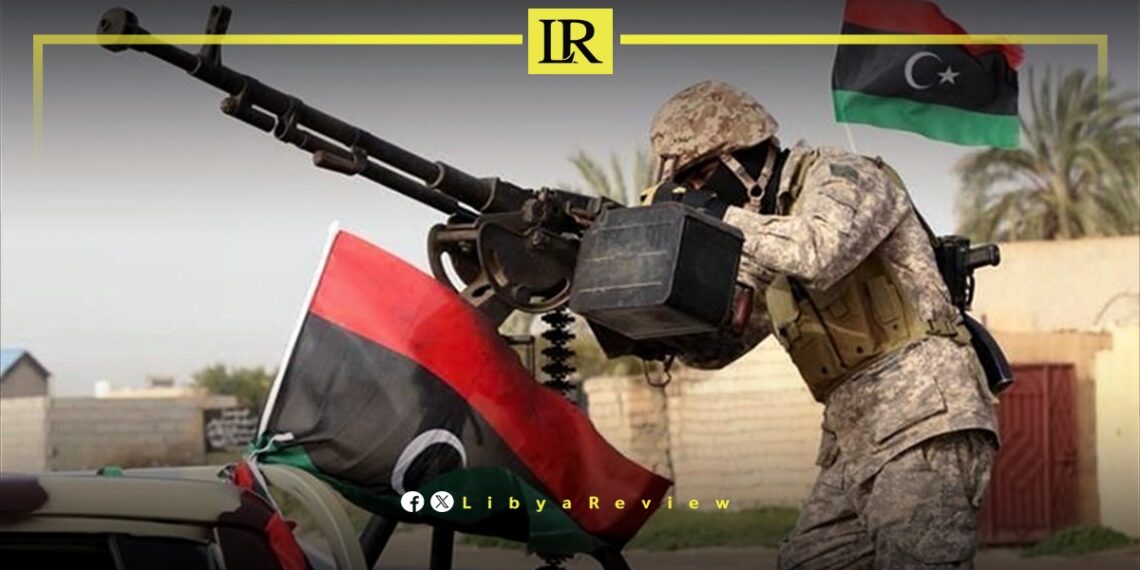On Wednesday, the European Council on Foreign Relations (ECFR) issued a stark warning about Libya’s deepening crisis, emphasizing that the country is on the brink of collapse due to escalating tensions between key factions.
The analysis, published by the European Council on Foreign Relations, highlighted the growing friction between the families of Abdul Hamid Dbaiba, head of the Government of National Unity (GNU), and Field Marshal Khalifa Haftar, general commander of the Libyan National Army (LNA).
Recent events, such as the closure of the Sharara oil field have intensified the crisis.
Additionally, the House of Representatives recently announced the end of the GNU’s mandate and recognized the Parliament-designated government headed by Osama Hammad as the legitimate authority.
These developments, coupled with the Presidential Council’s decision to replace Central Bank Governor Al-Siddiq Al-Kabir, have created a volatile environment that could lead to renewed civil war.
To prevent Libya from descending into further instability, the ECFR proposed a comprehensive international intervention. The suggested plan involves three key elements aimed at restoring stability and redirecting the focus of Libya’s leadership away from internal conflicts.
First, the ECFR called for the creation of a geopolitical alliance to support a new political process in Libya. This alliance should include active European countries like France, Germany, Italy, and the UK, working alongside the United States. The goal is to address concerns about Russia’s growing influence in Libya and involve regional powers such as Egypt, Turkey, and Algeria.
Second, the article recommended empowering Stephanie Khouri, Acting Head of the United Nations Support Mission in Libya (UNSMIL), to lead a new political process. This would involve organizing elections and engaging with key Libyan political figures to secure their participation. Despite expected resistance from Russia, the backing of three permanent UN Security Council members, along with other supportive nations, could provide the necessary leverage to move forward.
Third, the plan advocated for international pressure on Libya’s political elite to de-escalate tensions and commit to the stabilization process.
This would include enforcing the 2020 ceasefire agreement, reopening oil fields, and restricting Central Bank spending until after elections. The ECFR suggests using a combination of sanctions and incentives to encourage compliance, with a joint international statement declaring that all Libyan political institutions must transition toward a new, legitimate government.
The Council warned that failure to stabilize Libya could have severe consequences, not only for Europe’s energy and migration interests but also by allowing rival powers to gain a foothold near Europe’s borders. The risks of inaction could lead to a new wave of instability, reminiscent of the crises in 2014 and 2019.


